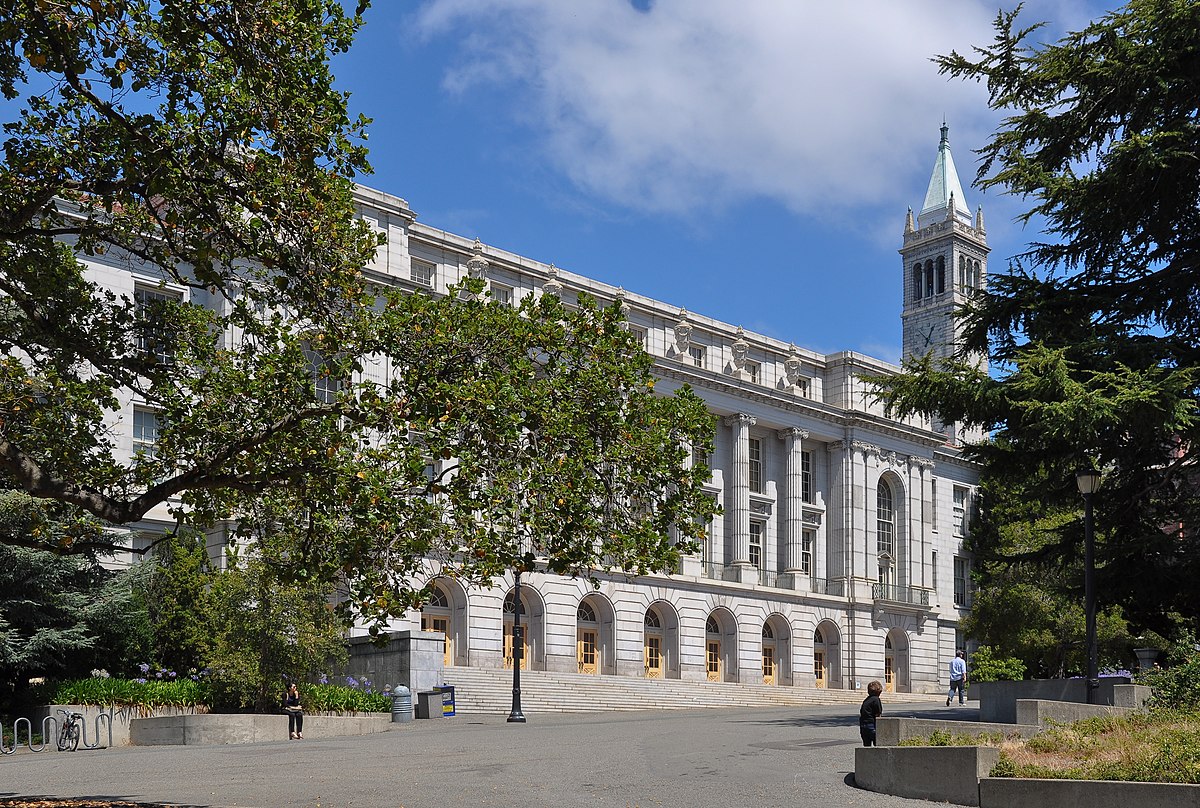- 14 3402-5578
- Rua Hygino Muzy Filho, 737, MARÍLIA - SP
- contato@latinoobservatory.org
 Foto: Bob Collowan
Foto: Bob Collowan
A recent lawsuit accuses the University of California of discriminatory practices in its admissions processes, favoring black and Latino applicants over Asian-American and white students. The lawsuit, filed by the group Students Against Racial Discrimination, alleges that the school is admitting students with credentials inferior to those of other groups, contravening a 1996 state law that prohibits the use of racial criteria in public education, employment and hiring, and violates the equal protection clause of the 14th Amendment and Title VI of the Civil Rights Act of 1964, according to the Associated Press.
The lawsuit questions the "holistic" review methodology adopted by the university, which, according to the authors, moves away from objective criteria for assessing the "overall appeal" of applicants, contributing to disparities in admission rates. As an example, the complaint cites data from Berkeley, where the proportion of black students admitted was lower than the overall rate, evidencing a significant difference in both 2010 and 2023. Faced with this situation, the group requires a judge to prevent the 10 campuses of the UC from collecting information on race in applications and orders the appointment of a judicial monitor to monitor admission decisions.
In response, the University of California said it has
adjusted its practices to comply with state law and that data related to race
and ethnicity are collected for statistical purposes only, not influencing the
selection process, according to the article. This litigation comes against a
backdrop of the Supreme Court's decision, which more than a year ago eliminated
the possibility of race-based affirmative action in college admissions, forcing
institutions to seek new strategies to compose diverse student bodies. Thus,
the case highlights not only the legal and ethical challenges involved in
admissions policies, but also the complex issues related to the pursuit of
diversity without infringing on established legal precepts.











